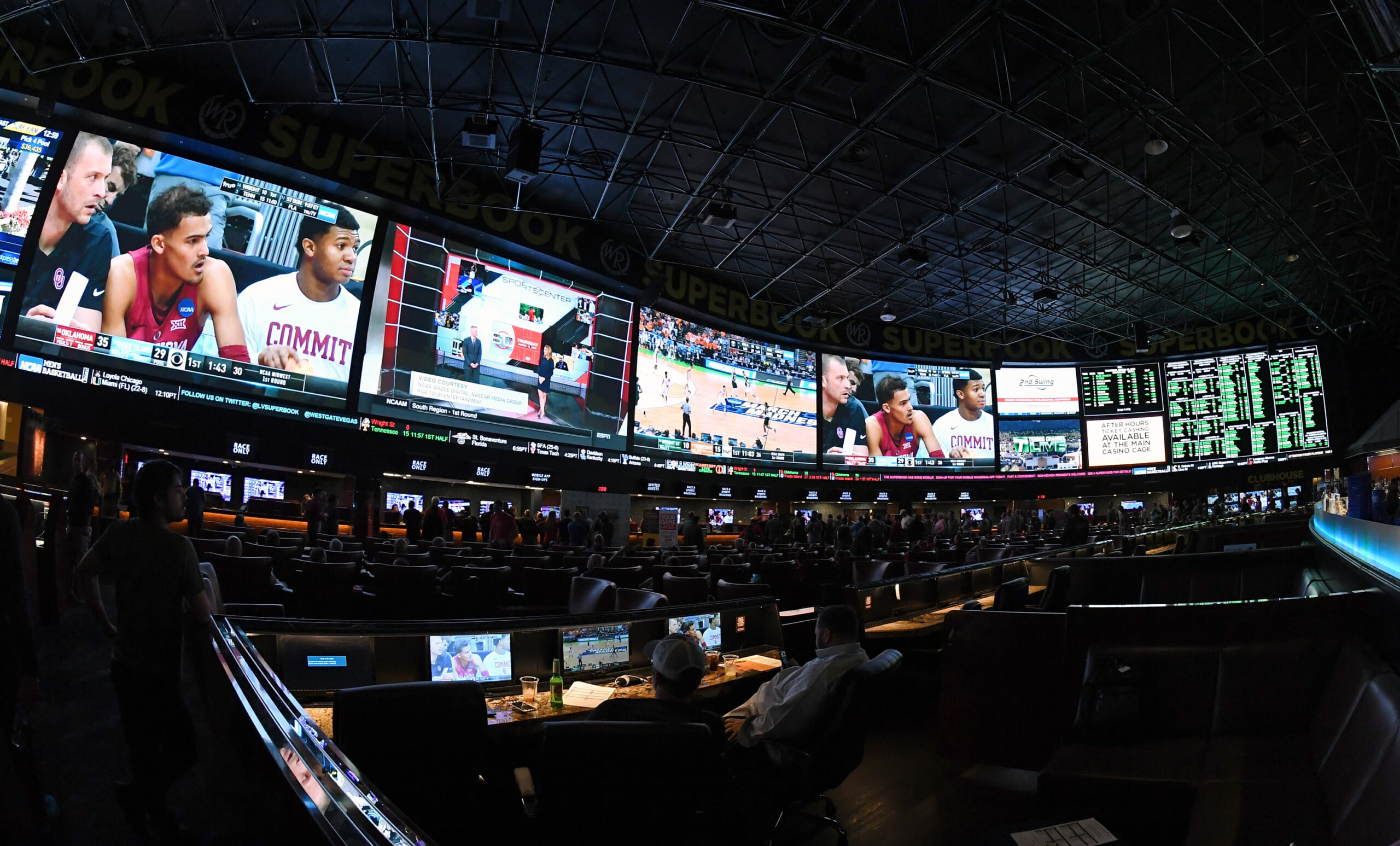Supreme Court Strikes Down Federal Ban on Sports Betting, So Get Ready to Gamble
The 6-3 decision breaks Las Vegas’ monopoly on legal gambling on sporting events.

The Supreme Court on Monday struck down the federal ban on sports gambling, a move that will have reverberations for gamblers across the country.
The 6-3 decision invalidated the Professional and Amateur Sports Protection Act of 1992, which kept every state except for Nevada, Montana, Oregon and Delaware from allowing gambling on sports. The states that were grandfathered in already allowed sports betting when the law passed.
But other states didn’t think this law was fair, or unconstitutional, and New Jersey did something about it. In 2014, the state attempted to allow sports gambling at casinos and race tracks, but the U.S. Court of Appeals blocked that effort in 2016.

The state appealed to the Supreme Court and the justices agreed that the federal prohibition on sports gambling is unconstitutional. Writing the decision for the court, Justice Samuel Alito said the law is a blatant violation of state’s right. “A more direct affront to state sovereignty is not easy to imagine,” he wrote.
For New Jersey, this means that sports gambling will arrive soon. State Senate President Stephen Sweeney said Monday that the legislature will get to work on laws to make it a reality. And around the country, other states, including California and West Virginia, are ready to take up measures themselves as sports fans dream about how rich they’re about to get.
https://www.instagram.com/p/BiwzgQmgdNv
The smart ones might, but the states that allow sports betting will be getting rich. Estimates on how much money is wagered on sports each year are as high as $400 million. But most of that money is waged with bookies or with off short sports books. States want to bring those bets off the black market and begin getting a cut of the money for themselves.
It’s still possible that Congress will act to regulate sports betting, but for now the people appear to be getting what they want: The chance to lose their money legally.






